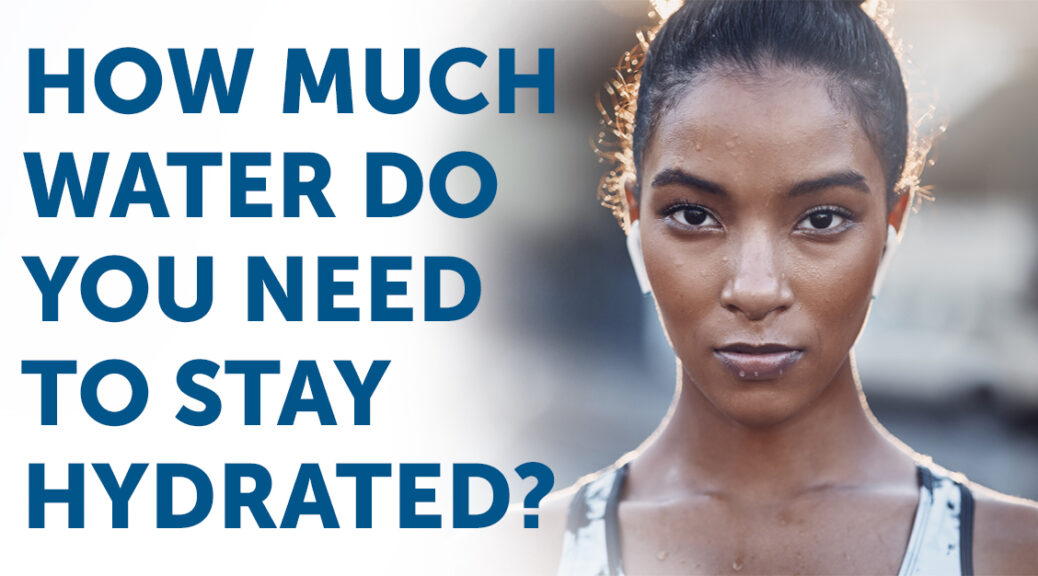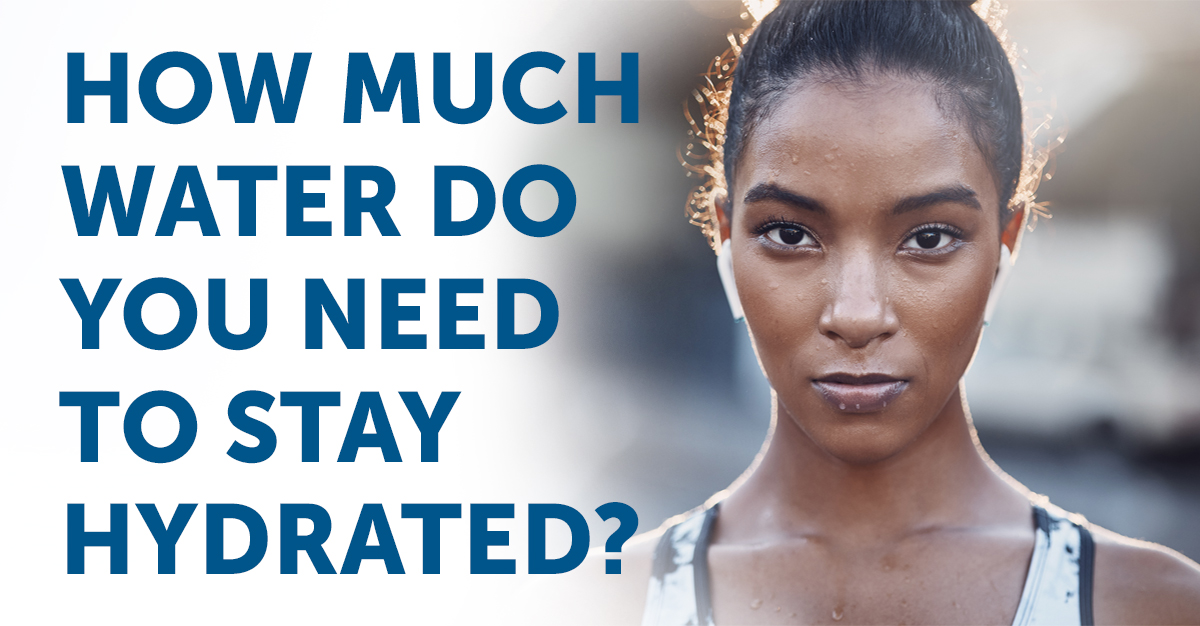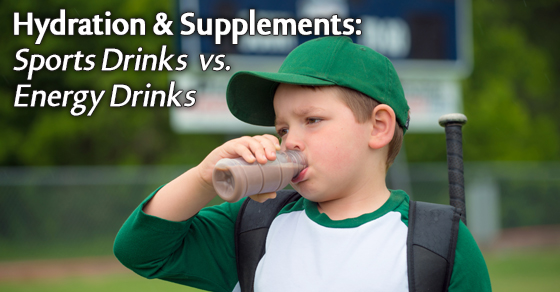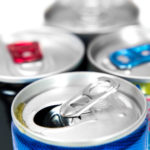Fluid Intake is Essential for Good Health.
Water is needed to regulate temperature, maintain joint health, and deliver essential vitamins and minerals. Dehydration leads to impaired nerve and muscle function due to the body’s imbalance of sodium and potassium. Brain and muscle function become impaired causing decreased muscle coordination and impaired athletic performance.
Early signs and symptoms of dehydration include headaches, dry mouth, chills, dry skin, excessive thirst, and fatigue. The color of one’s urine is a good indicator of proper hydration. Improper hydration will cause your urine to become dark yellow. Signs of worsening dehydration are increased body temperature, heart rate, and body temperature. If you become confused, have vision disturbances, and have difficulty breathing, seek immediate medical attention.
Your risk of dehydration increases when you sweat excessively, increase your exercise intensity and duration when the temperature is high and at high altitudes.
How much water do you need to stay hydrated?
Staying hydrated on a normal day:
According to the National Academies of Sciences, Engineering and Medicine, the amount needed varies.
- Men – 3.7 liters per day
- Women – 2.7 liters per day
This covers water you receive from all sources – including the foods you eat. Most people can easily reach this amount in their daily eating and drinking habits.
Staying hydrated on a hot summer day:
When you’re active outside, the amount increases. The CDC recommends 1 cup every 15-20 minutes – about 1 quart an hour. Drinking in short intervals is more effective than drinking large
amounts infrequently.
Staying hydrated when you workout:
The American Council on Fitness suggests these guidelines for moderate to high-intensity exercise:
- Drink 17-20 ounces of water 2-3 hours before working out
- Drink 8 ounces of fluid 20-30 minutes before exercising or during the warm-up.
- Drink 7-10 ounces every 10-20 minutes during exercise.
- Drink an additional 8 ounces of fluid within 30 minutes after exercising.
- Drink 16-24 ounces for every pound of body weight lost after exercise.
Many sports teams will weigh the athletes before and after practice to determine the amount of fluid lost. The recommended weight loss limit due to fluid loss is 2% of your body weight per day. It is recommended that you drink 16-24 ounces of water for every pound lost.
WOW, THAT IS A LOT!
But it shows us how much fluid we can lose during higher levels of exercise and why it is so important to stay hydrated. It is essential to drink water before, during, and after practices and games. Especially in the warmer months.
Are Sports Drinks Better Than Water?
Definitely in taste, but nothing hydrates the body better than water. Sports drinks do provide more potassium, minerals, and other electrolytes which will help you sustain your performance during exercise and may help you recover significantly faster in workouts over one hour in duration. The biggest problem with sports drinks is the sugar content. Many of them have multiple servings per bottle. Glucose is essential but you do not need as much as you will find in most sports drinks. I recommend a combination of water and a low-sugar sports drink. Research also indicates that chocolate milk may help the athlete recover more quickly when consumed after exercise due to its carbohydrate and protein content.
You should consult your pediatrician or family physician if you feel that you or your child has problems with dehydration.





